NYSGC to Screen Racehorses for Heart Issues
The commission hopes a smartphone-based ECG device could help reduce risk of sudden death of racehorses.
The commission hopes a smartphone-based ECG device could help reduce risk of sudden death of racehorses.
The drug, AH-7921, is one of the novel psychoactive substances that continue to emerge onto the designer drug market.
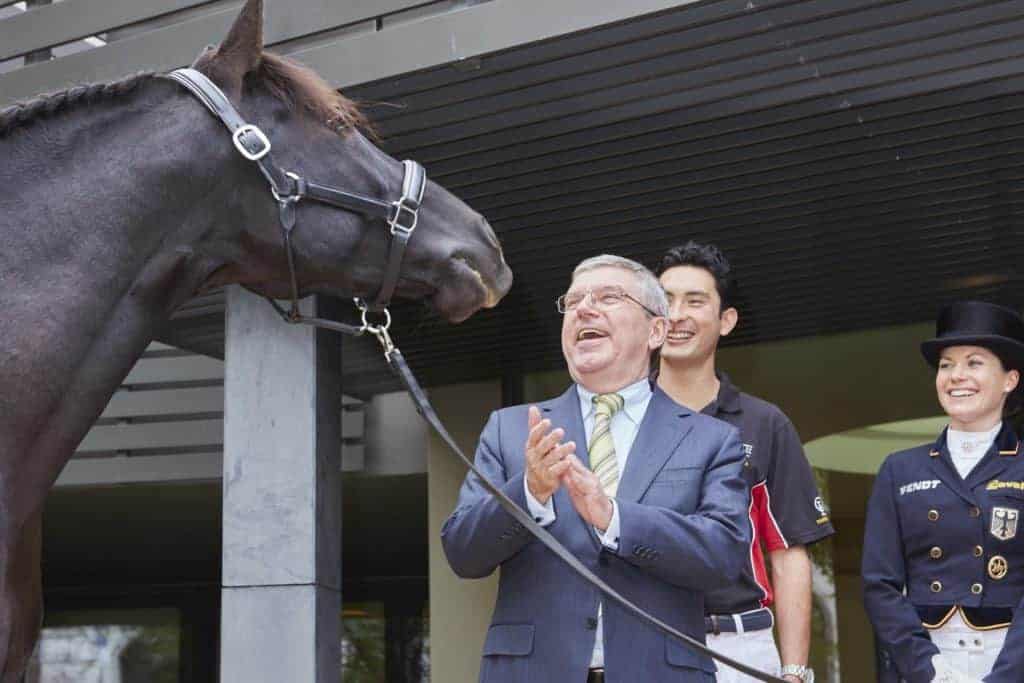
Olympic Agenda 2020 is the strategic road map for the future of the Olympic movement.
There are now 56 accredited aftercare organizations using more than 180 facilities across the United States and Canada.
TOBA supports reforms to medication testing and enforcement in American Thoroughbred racing.

Veterinarians and riders should consider cardiac recovery times of more than 13 minutes as a warning sign of a problem.
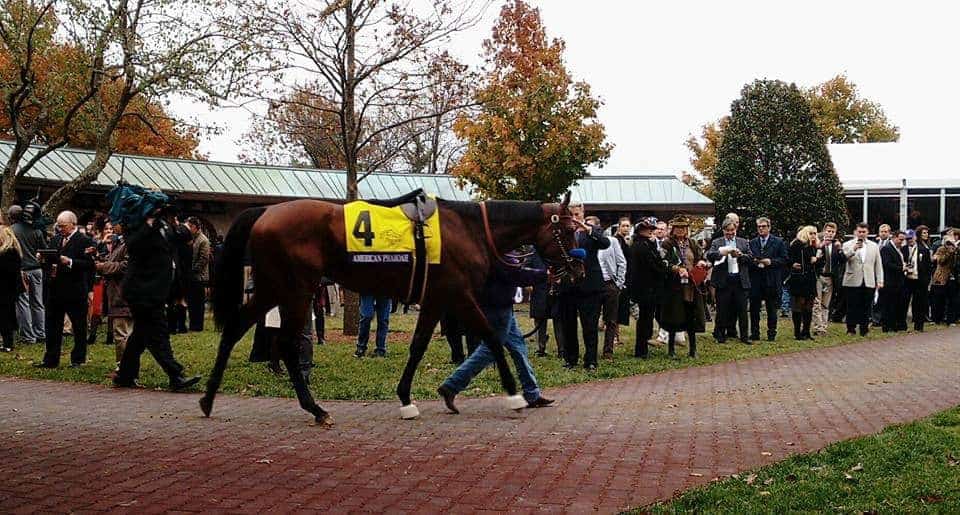
The 3-year-old colt became the first Triple Crown winner to contest–and win–a Breeders’ Cup Classic race.
Del Mar’s continuous emphasis on safety and integrity sets an example for the industry, officials said.

Dr. Larry Bramlage, AAEP On Call veterinarian, reviews communications in the face of a racehorse injury at Derby or Breeders’ Cup.
To date, 36 owners and trainers have pledged to support New Vocations with a percentage of their Breeders’ Cup earnings.
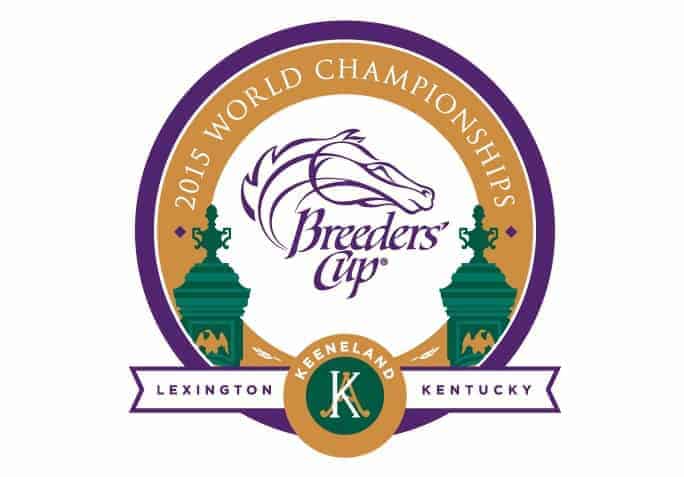
Drs. Scott Palmer and Alan Ruggles will be available to provide health reports regarding the athletes in each race.
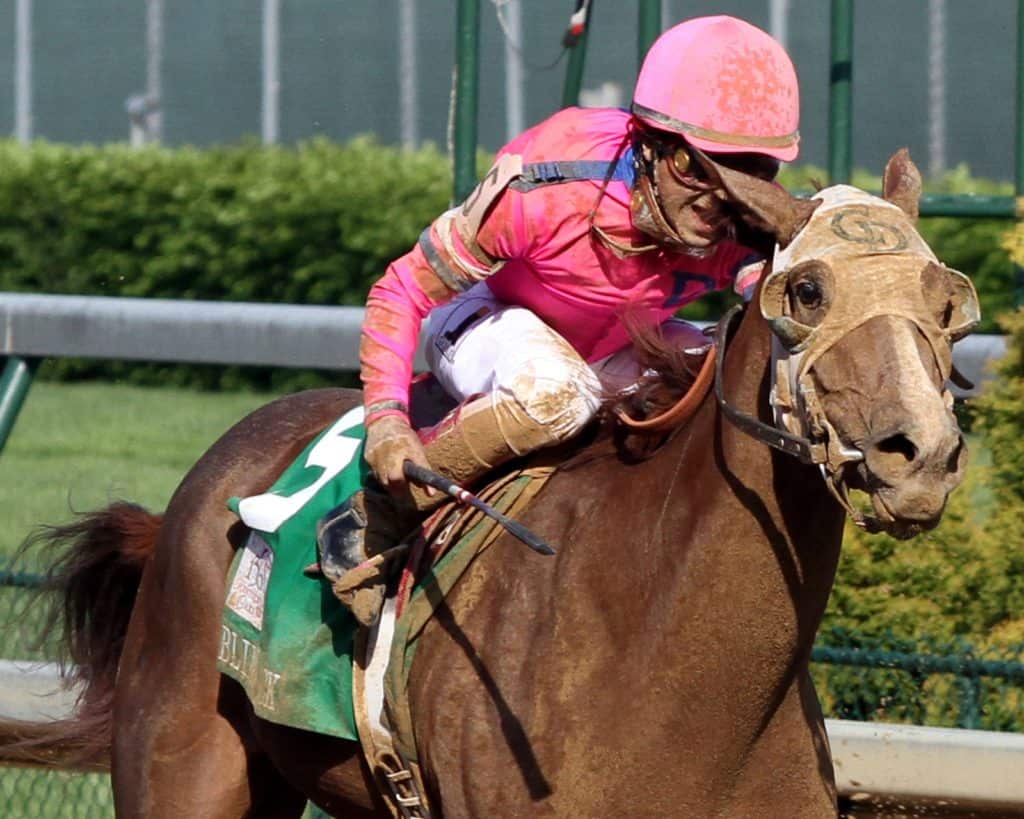
Dr. Scott Palmer discusses how horses and trainers deal with dirt and debris being kicked in racehorses’ eyes during races.
The Jockey Club of Canada is the second international racing group to join the coalition.
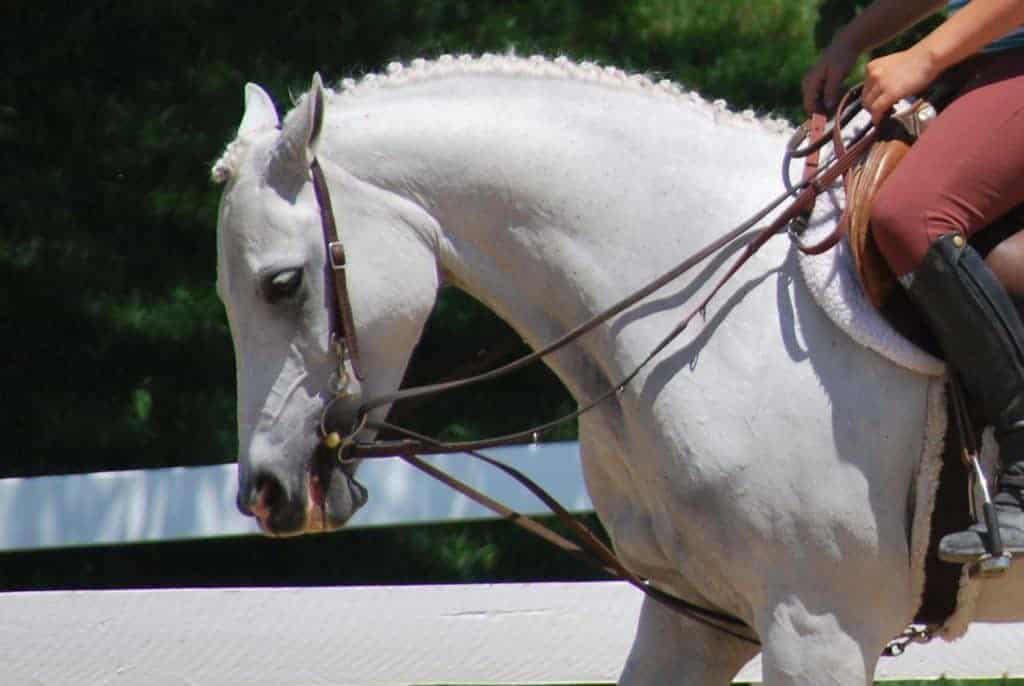
To protect equine welfare, the Swiss equestrian federation has banned draw reins, effective Jan. 1, 2016.

Nearly half of Australian Thoroughbreds in one foal crop were rehomed to non-racing homes after their careers concluded.
Lecture topics will include mare, stallion, and foal care; navicular syndrome; the digestive tract; and more.
Stay on top of the most recent Horse Health news with
"*" indicates required fields